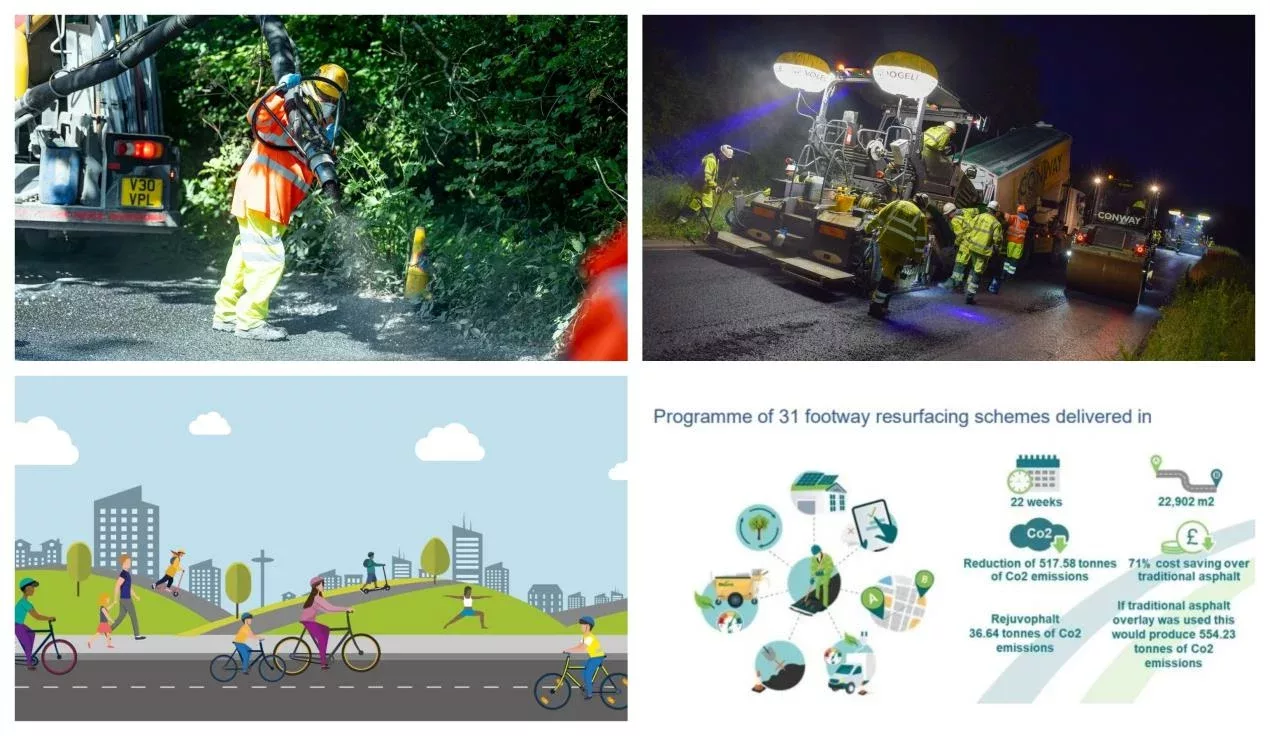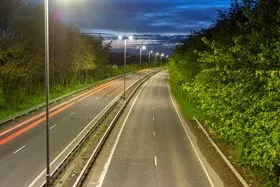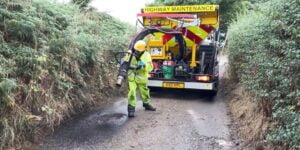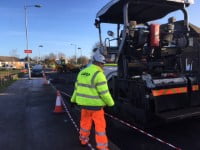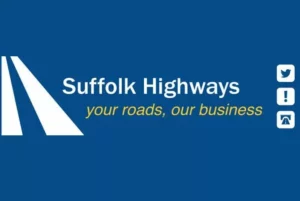A growing number of initiatives to help reduce carbon are being delivered across West Sussex, according to the council.
As the COP26 Climate Change Conference gets underway, the challenges of encouraging active travel choices and reducing carbon emissions continue on a countywide basis, said West Sussex County Council.
The County Council’s new Council Plan, for example, sets a target of providing at least 30km of new cycling infrastructure in West Sussex over the next four years. More than 27km of new cyclable infrastructure has been provided since 2018/19. A further eight schemes are currently at various stages of development. The Government has just awarded £274,900 so the County Council can develop its next package of cycling and walking schemes and promotional activity. The successful bid to the Department for Transport’s enabling fund means that initial designs for three Local Cycling and Walking Infrastructure Plans (LCWIP) schemes can be developed ready for the next round of Active Travel Fund capital funding.
The council is also working with bus and coach operators on a Bus Service Improvement Plan (BSIP) to try to make it more attractive for residents to leave their cars at home and choose to use buses – a modal shift towards sustainable transport. Its BSIP will also set out our ambitions for working with operators to prioritise the decarbonisation of buses, so lower-emission vehicles can be used on key routes. This would be dependent on funding from the Department for Transport. Firm proposals for better, more frequent bus services were recently submitted to the Government.
Elsewhere, highway engineers continue to work with contractors to explore use of the latest technology, such as allowing resurfacing materials to be mixed at much lower temperatures than conventional asphalt and using recycled material from our roads. This can significantly cut the carbon emissions, without impacting on quality.
Alongside this, the West Sussex Transport Plan, which will set out how the council intends to balance its environmental, economic and social objectives and resolve conflicts between them. The draft plan proposes to improve the efficiency of the county strategic road network (e.g. A27 and parts of the A24 and A259) to reduce congestion and rat-running on less suitable routes. In parallel, we want to support the shift to electric cars and more use of buses, trains, walking and cycling by making these modes of transport safer and more attractive.
Joy Dennis, Cabinet Member for Highways and Transport, said: “The COP26 conference is focusing everyone’s minds on the environment and our officers continue their hard work to encourage active travel and explore lower carbon methods of road maintenance.
“They are finalising work on the West Sussex Transport Plan (WSTP) following a public consultation which saw about 650 responses and I would like to thank all those who provided us with their valued feedback.
“We need to invest to make walking, cycling, bus and train use more viable and attractive to minimise the need for road building in line with our environmental ambitions. We also need good roads both now, and in the future, to accommodate West Sussex’s rising population and wider economic growth. Our teams are exploring the challenge of how we need to balance these competing demands and innovate to ensure roads are maintained in a sustainable way.”
Recent Highways initiatives include:
Carbon reduction and road resurfacing – see pictures
In June/July, approximately 3km of both carriageways of the A24 Washington bypass was resurfaced by FM Conway utilising latest technologies to reduce the project’s carbon emissions.
The work, between the Findon and Washington roundabouts, used the latest technology, allowing the resurfacing materials to be mixed at much lower temperatures than conventional asphalt. Also, approximately half the material used in the scheme utilised recycled material recovered from other West Sussex roads.
These measures greatly reduced the amount of energy needed to produce the resurfacing materials and significantly cut the carbon emissions attributed to the scheme.
Pothole repairs and carbon reduction
Innovation continues to be explored by the County Council through the trial use of the Velocity road patching system . There’s no excavation, no waste, often no need for road closures, and repairs are ready to drive on in minutes. Because there’s no heat involved, it’s also exceptionally low on carbon emissions.
Footway resurfacing and carbon reduction
Impressive carbon-saving and cost-saving results were achieved in a programme of 31 footway resurfacing schemes in West Sussex.
More than 22,000 square metres of footpath were resurfaced by County Council contactor Rejuvo JPCS, including in Crawley, Horsham, Mid Sussex and Chichester. If traditional asphalt methods had been used, 554 tonnes of CO2 emissions would have been produced, but by using cold-lay and other, more environmentally friendly methods, this was reduced to approximately 36 tonnes. There was also a 71% cost-saving when compared with traditional methods.



